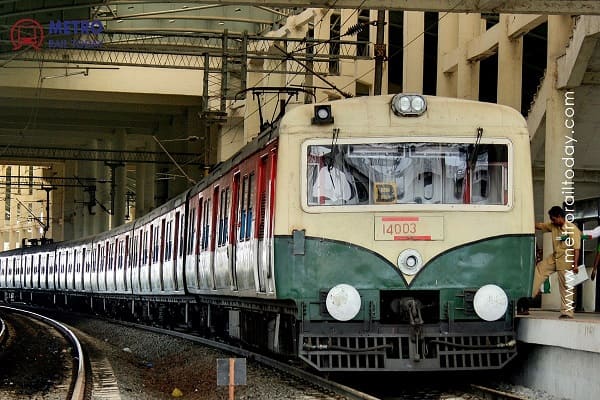 Southern Railway sends draft MoU to Railway Board for Chennai MRTS Takeover by CMRL
Southern Railway sends draft MoU to Railway Board for Chennai MRTS Takeover by CMRL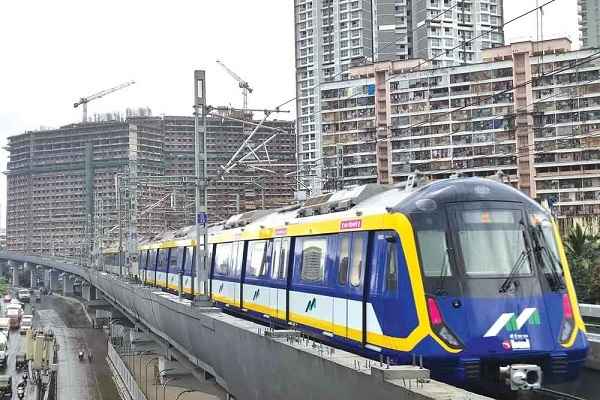 Maharashtra drops PPP Model for Mumbai Metro Line 14; Opts for Government-Funded Execution
Maharashtra drops PPP Model for Mumbai Metro Line 14; Opts for Government-Funded Execution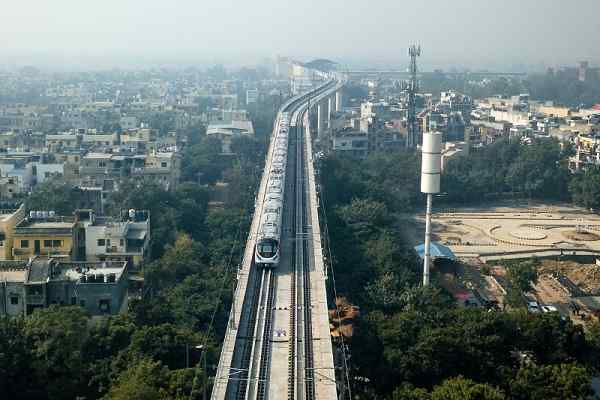 Thiruvananthapuram Metro DPR faces further delay amid alignment revisions
Thiruvananthapuram Metro DPR faces further delay amid alignment revisions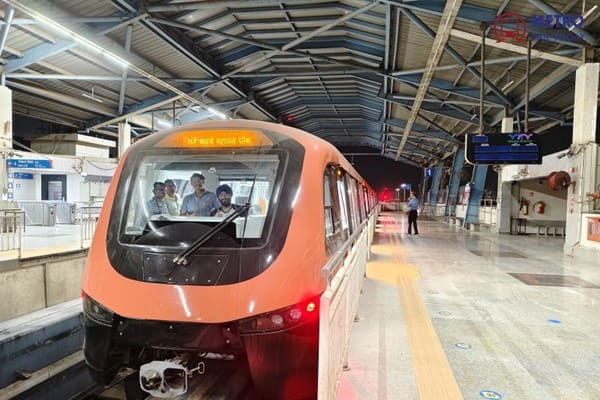 Mumbai Monorail receives Safety Certification from Bureau Veritas, Services to resume soon
Mumbai Monorail receives Safety Certification from Bureau Veritas, Services to resume soon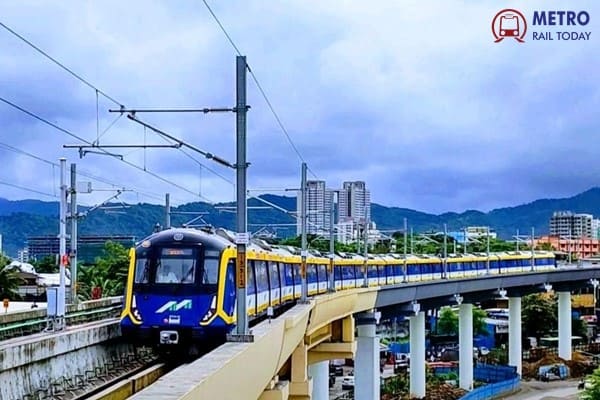 MMRDA allocates record ₹13,839 crore for Mumbai Metro Rail Project for FY2026-27
MMRDA allocates record ₹13,839 crore for Mumbai Metro Rail Project for FY2026-27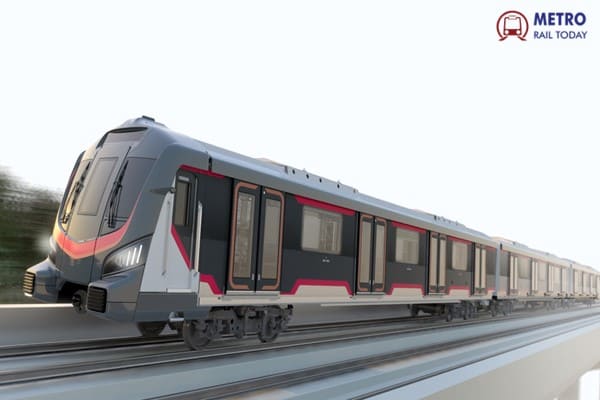 RVNL and Texmaco form joint venture to pursue Rail Business Opportunities in India and Abroad
RVNL and Texmaco form joint venture to pursue Rail Business Opportunities in India and Abroad Meerut Metro all set to launch for Public Service, Know all about
Meerut Metro all set to launch for Public Service, Know all about IRTS Officer Prabhas Dansana appointed as new Director General of RDSO
IRTS Officer Prabhas Dansana appointed as new Director General of RDSO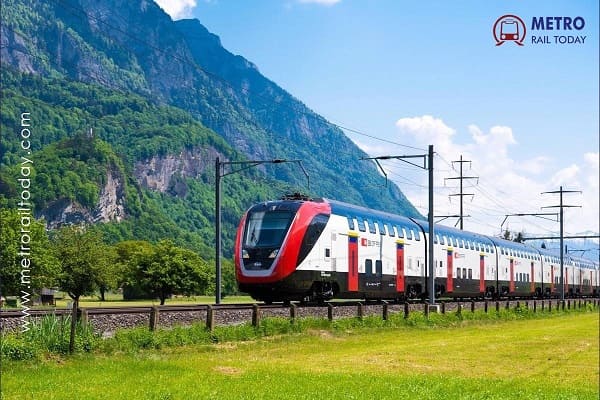 NCC and PJB Engineers win Civil Contracts for Corridor 2 of Bengaluru Suburban Rail Project
NCC and PJB Engineers win Civil Contracts for Corridor 2 of Bengaluru Suburban Rail Project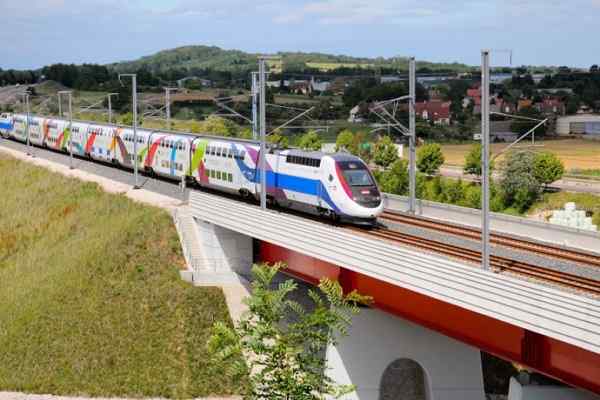 Tamil Nadu completes feasibility study of ₹75,000 crore Chennai–Villupuram RRTS corridor
Tamil Nadu completes feasibility study of ₹75,000 crore Chennai–Villupuram RRTS corridor
KEC International wins ₹207 crore Electrification Contract for Nagpur Metro Phase 2
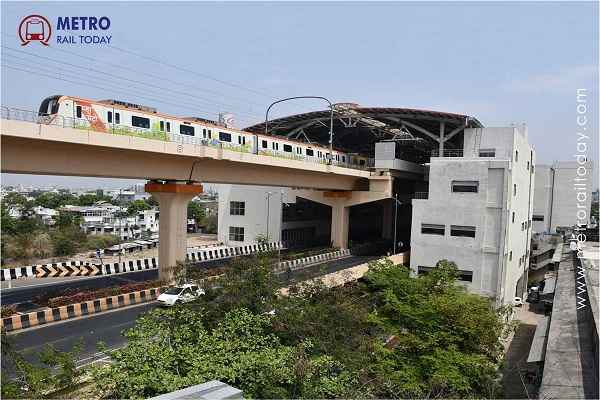
Nagpur, India (Metro Rail Today): KEC International Ltd. has been declared lowest bidder (L1) for the electrification contract package TR-02 for the Nagpur Metro Phase 2 project, marking a significant milestone in the city’s transportation expansion. The announcement was made by the Maharashtra Metro Rail Corporation Ltd. (Maha Metro) today.
The contract package TR-02 focuses on the installation of a 25kV flexible overhead equipment (OHE) system across all at-grade and elevated sections of the metro line. The scope also includes the setup of a 33 kV cable network, an Auxiliary Sub Station (ASS), a Receiving Sub Station (RSS), and a SCADA system for the Nagpur Metro Phase 2 Project.
Maha-Metro invited bids for this contract in December 2023, with an estimated project cost of approximately ₹205 crore and a completion timeline of 180 weeks (around 3.5 years). Technical bids were opened in June 2024, and KEC International emerged as the lowest bidder with a bid of ₹207.36 crore.
Here are the financial position of each bidder:-
- KEC International Ltd: ₹207.36 crore (L1)
- Siemens – RVNL JV: ₹208.57 crore (L2)
- Texmaco Rail & Engineering Ltd: ₹263.6 crore (L3)
- Kalpataru Projects International Ltd: ₹279.70 crore (L4)
Given KEC’s bid is only slightly above the estimated cost, the contract is expected to be awarded in the coming weeks without prolonged financial evaluations.
The Nagpur Metro Phase 2 project aims to enhance urban mobility in the city, and KEC International’s role in the electrification phase is crucial to its success.




